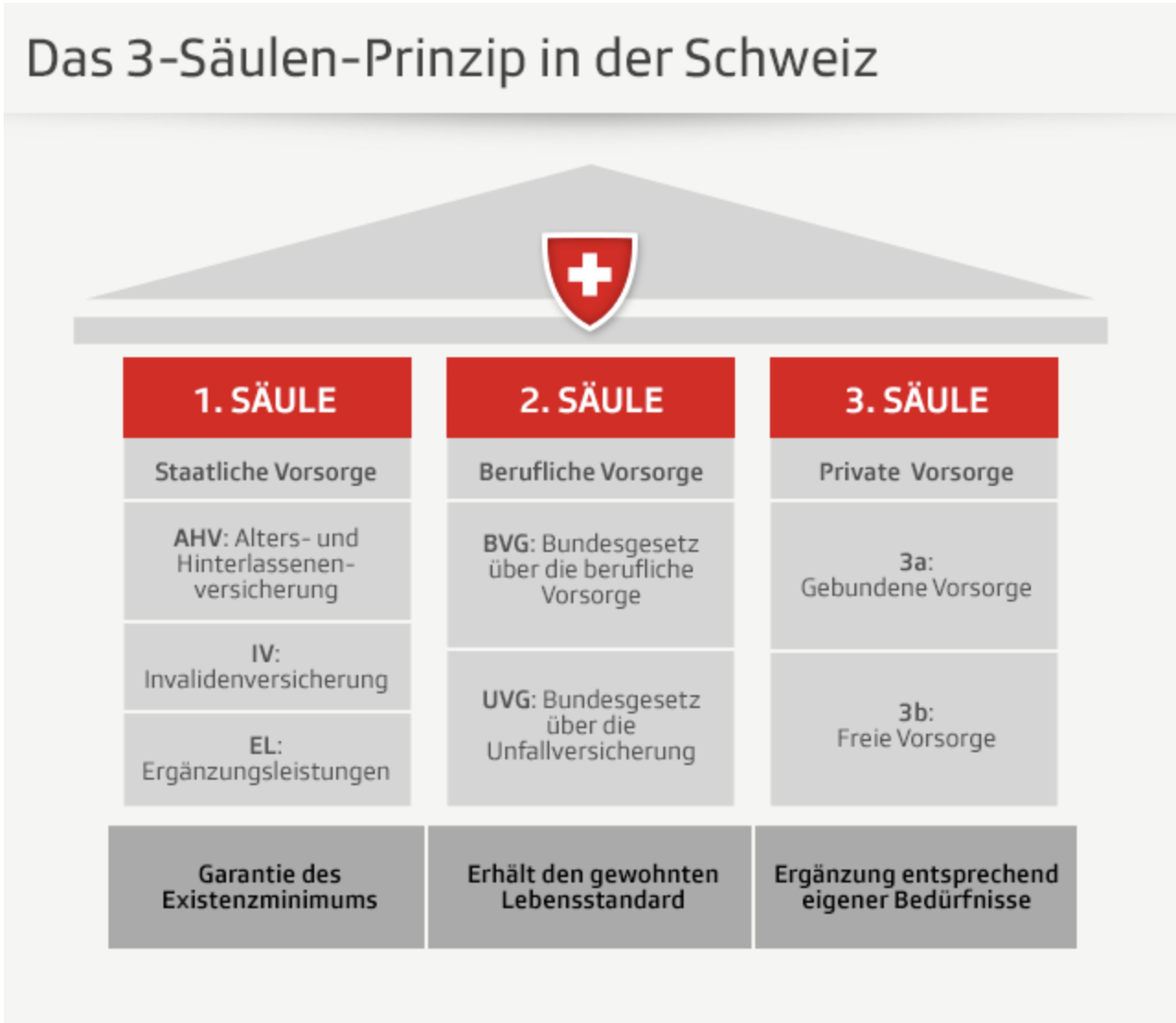What is the basis for the AVS calculation in the case of a board member’s fee?

Jurilo can also answer more complex and longer questions. However, it is currently important to reduce this to as many as possible one or two sentences, which is often no problem. Or make individual questions out of several questions.
An example that was sent to us:
My question is as follows:
Our Board President asks why we use the VR fee that he receives as the basis for the AHV calculation. In the case of another mandate, the employee and employer's PK contributions are first deducted from the board fee and this amount is then used as the basis for the AHV calculation.
instance
VR fee CHF 100,000
PK TO ./. 3,000
PK AG ./. 3'600
Net CHF 93,400 basis for AHV calculation
AHV 4,950.30
ALV 1,027.40
In my opinion, this is incorrect, but the AHV basis is these 100,000. Or is there a special regulation for VR fees?
With that, we interviewed Jurilo and asked this question:
What is the basis for the AHV calculation in the case of a VR fee?
The Jurilo answer was then:
In the case of a board fee (VR fee), the entire fee generally forms the basis for the AHV calculation, provided that the activity is paid. This means that all cash benefits that a board of directors receives for its work are wages subject to AHV in accordance with social security law.
legal basis:
In accordance Article 5 (2) AHVG Income from employment includes all remuneration paid for work done, regardless of whether they are paid once or periodically. In particular, this includes:
• Attendance fees
• Lump sum allowances
• Profit-sharing
• Royalties
• Expenses insofar as they are not effective and demonstrably related to business
Benefits in kind (e.g. free use of a vehicle or apartment) are also generally subject to contributions, provided that they do not fall under the effective expense allowance.
Special regulation for members of the Board of Directors:
In the AHV, board members are regarded as employees, even if they are not in a traditional employment relationship. This means that the VR fee is a significant reward in the sense of Art. 7 lit. h AHVV applies and is therefore subject to the contribution obligation.
Expense scheme:
Effective expense allowances that compensate for actual expenses (e.g. travel expenses, meals at meetings abroad) are not subject to contributions, provided that they are correctly billed and documented. On the other hand, lump sum expenses are only exempt if they have been approved by the competent compensation fund (Art. 9 (2) AHVV).
Summary:
The basis for calculating AHV for a VR fee is the entire fee, including all benefits in kind, minus actual expenses. It is income from employment that is subject to contributions.
sources:
- Article 5 (2) AHVG
- Art. 7 lit. h AHVV
- Article 9 (2) AHVV

